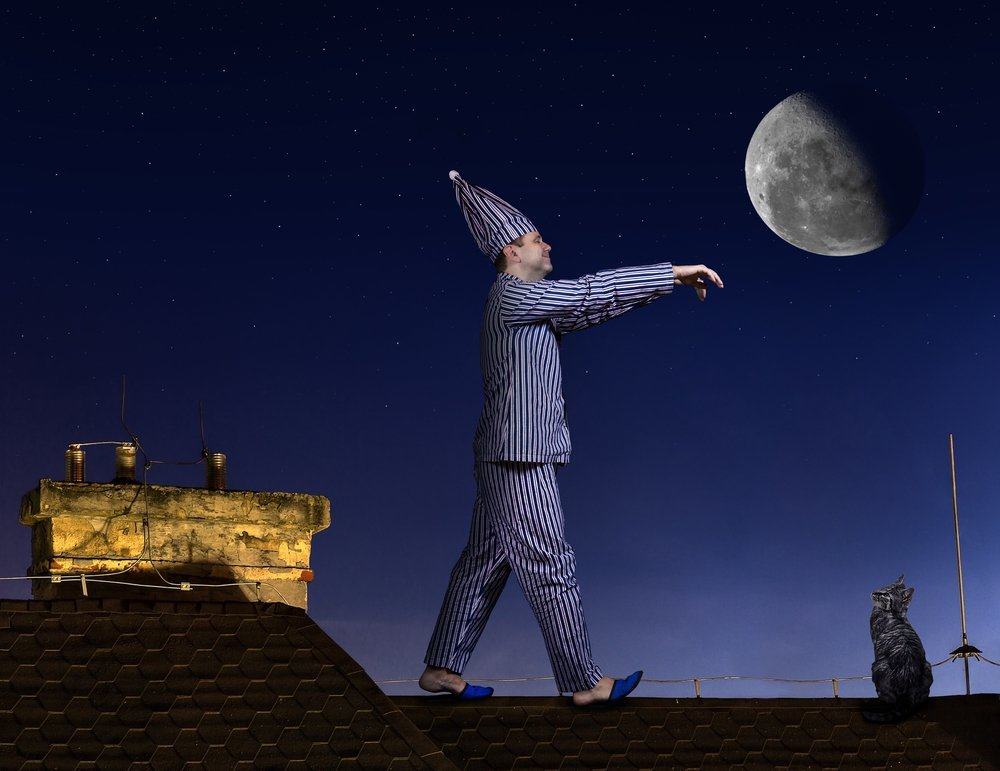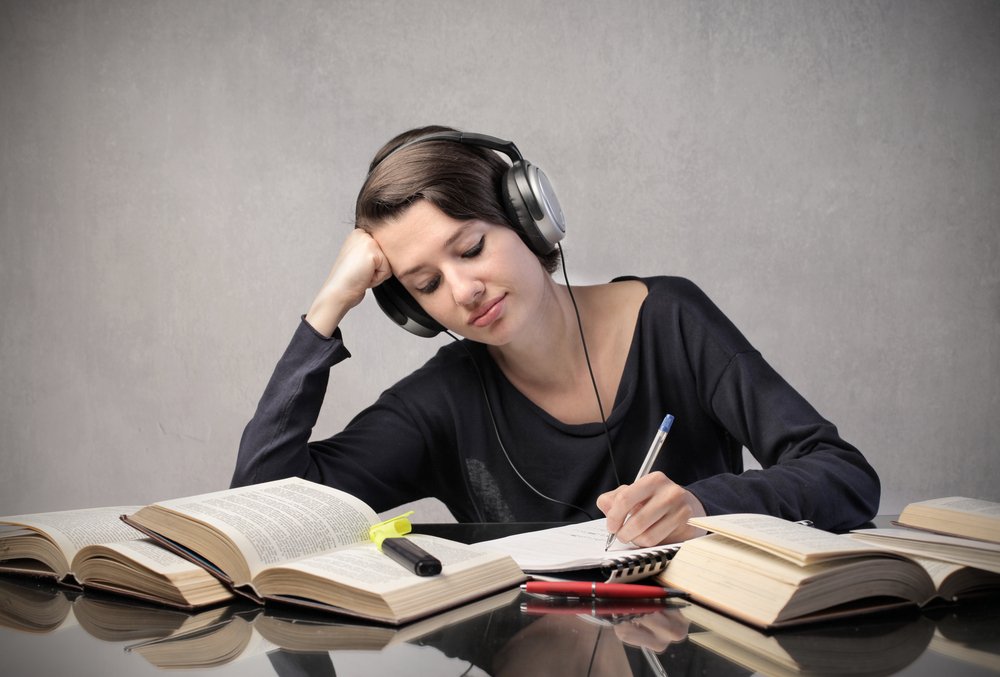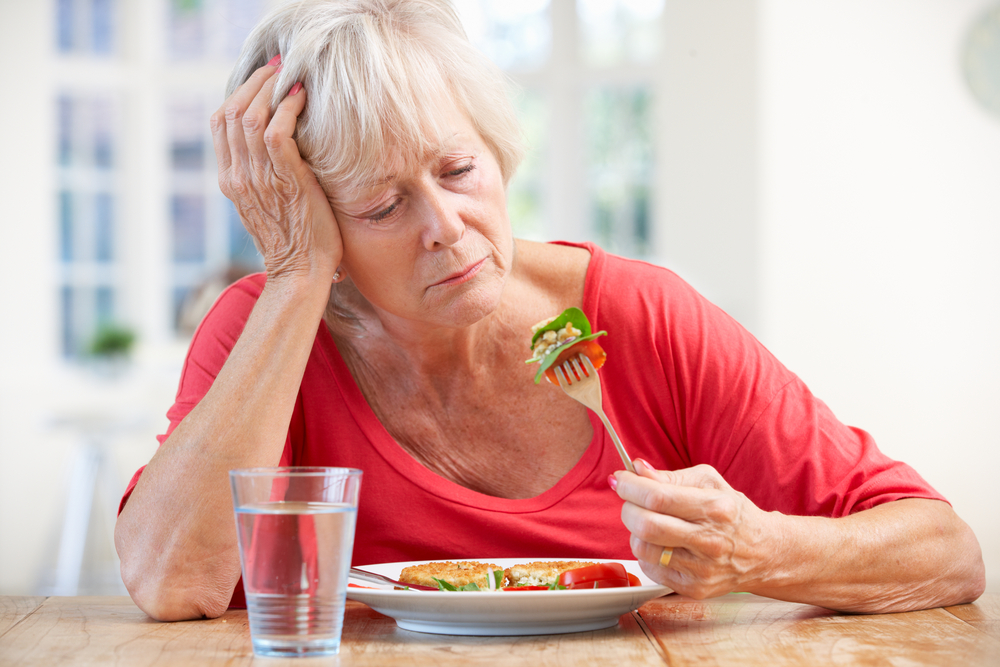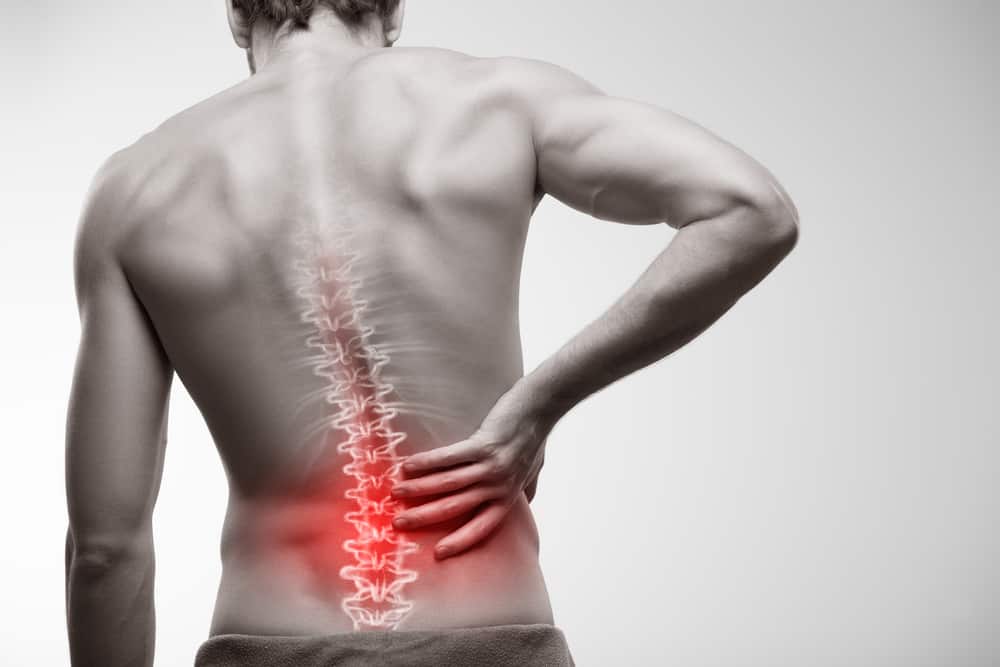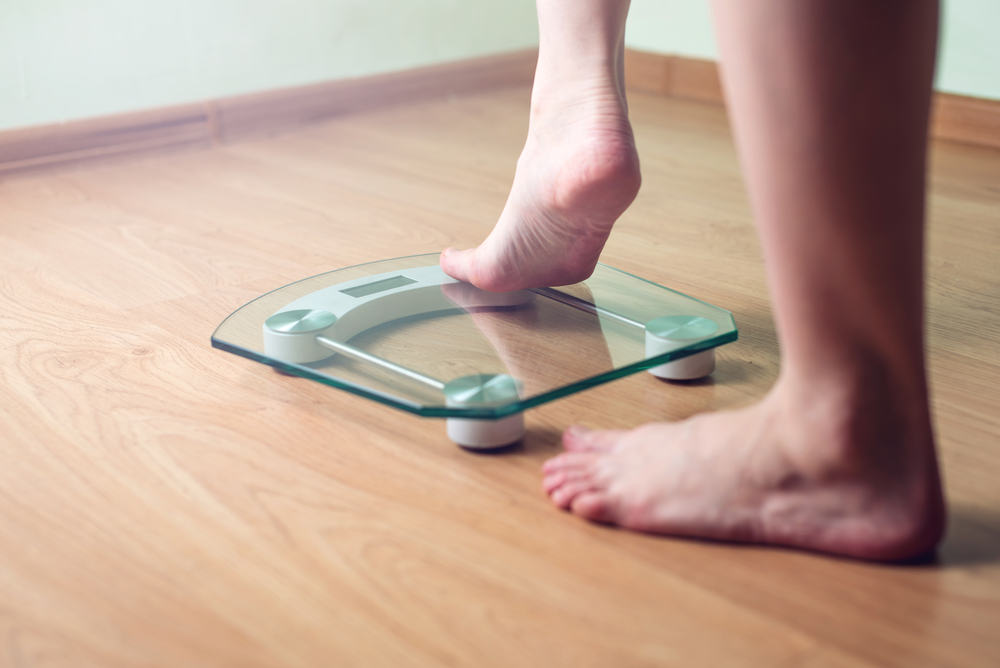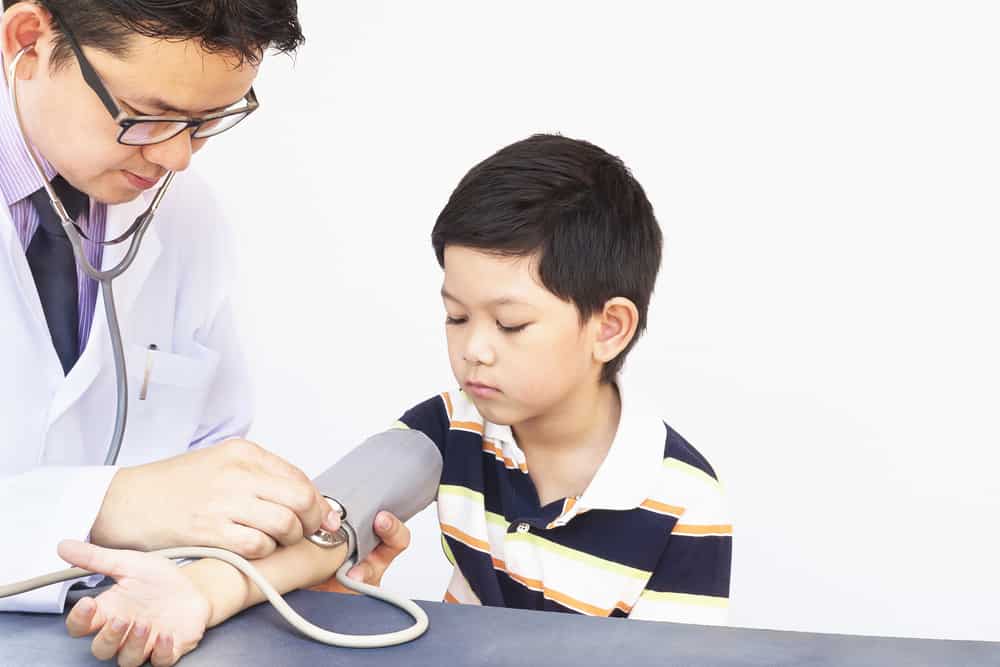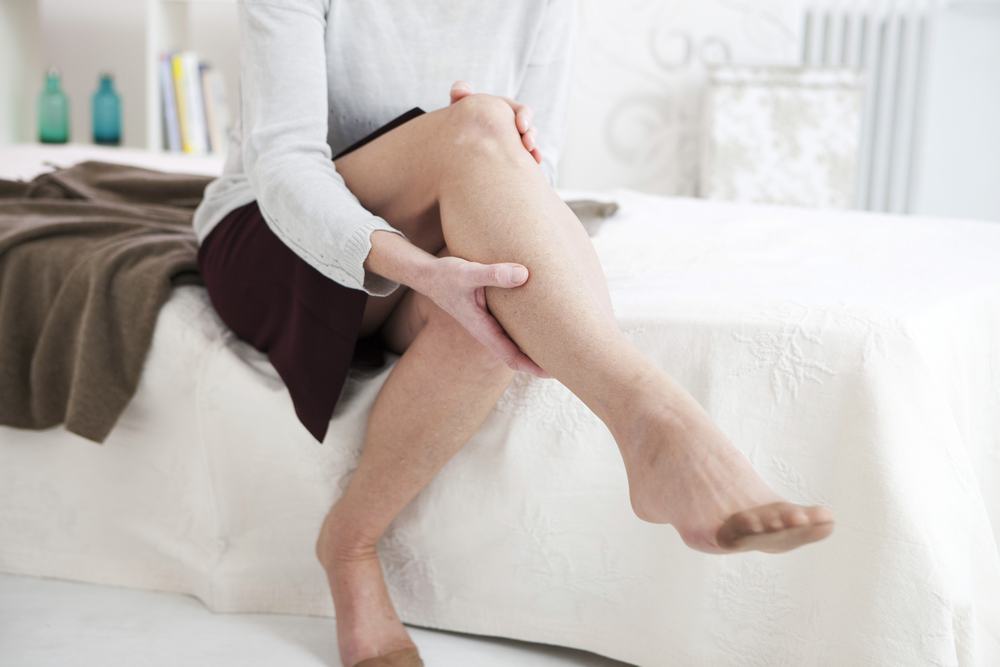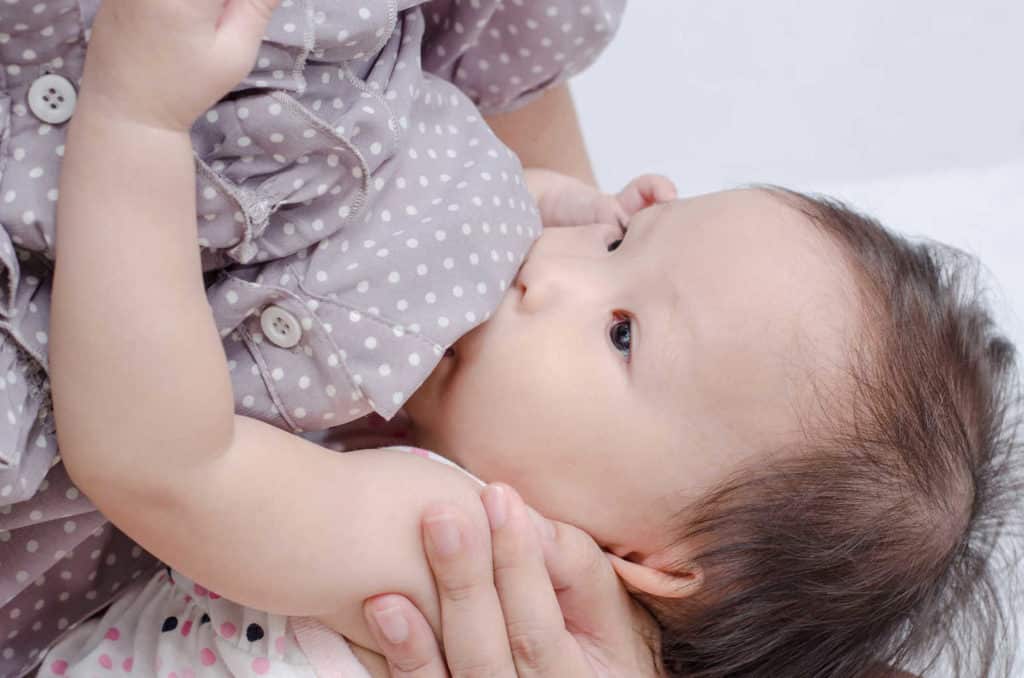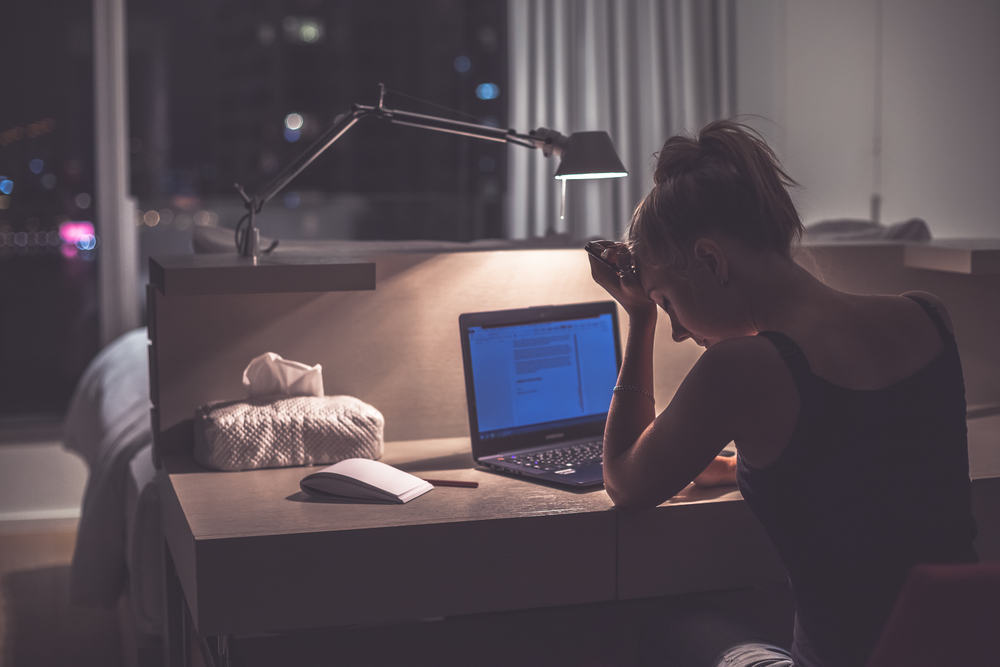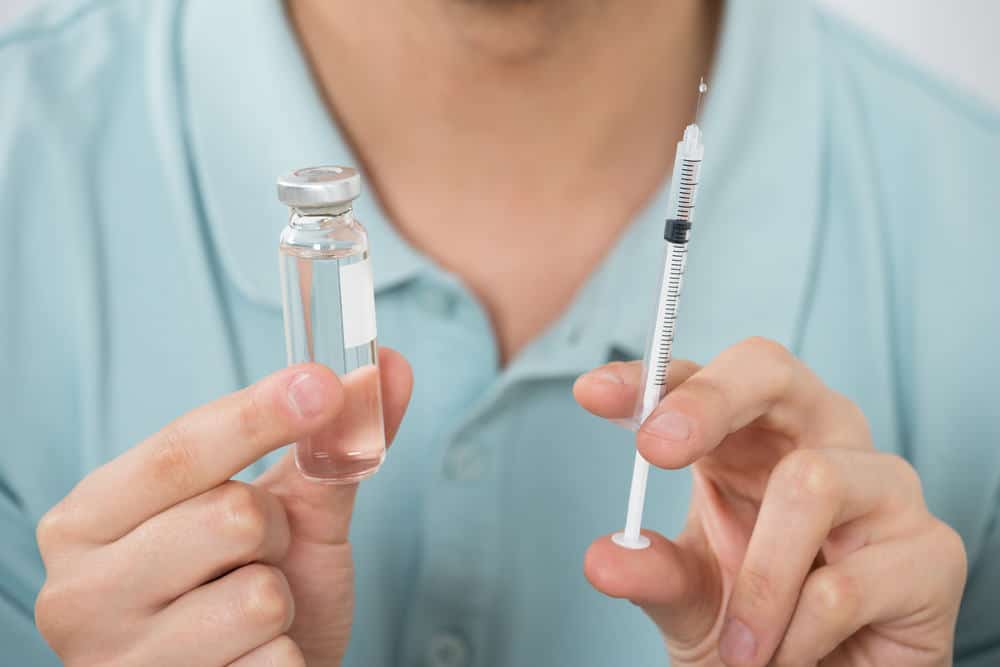Contents:
- Medical Video: Sleep Disorders: The Dreaming Brain (Psychology Documentary) - Real Stories
- What is parasomnia?
- The most common forms of parasomniac disorders
- Factors that trigger a person suffering from parasomnia
- How do you deal with parasomnia?
Medical Video: Sleep Disorders: The Dreaming Brain (Psychology Documentary) - Real Stories
A person's sleep patterns can fall apart due to sleep disturbances which reduce the quality of rest time. In addition to disorders that make it difficult for us to fall asleep, insomnia, there are also sleep disorders that cause abnormal behavior changes while someone is sleeping, or what is called parasomnia.
What is parasomnia?
Parasomnia is a set of sleep disorders that cause an unwanted event or experience, which occurs when we just fall asleep, have fallen asleep, or when awakened from sleep. Parasomnia can be a variety of things experienced by someone such as movement, behavior, emotions, perceptions, and dreams that are not fair. Although the incident seemed unnatural, parasomnias sufferers remained asleep during the incident.
In general, parasomnias occur after the sleep phase, or in between phases of sleep and wake up. At the time of this transition, a stimulus that is strong enough to wake a person is needed, and it will be difficult for people with parasomnias to be aware of their behavior. After awakening, people with parasomnias often cannot remember the dreams they experienced or things that happened, and tend to be difficult to fall back asleep at night.
Please note that this is common and not related to certain psychiatric diseases. Even so, parasomnias can occur over a long period of time and can be a complex sleep disorder. Parasomnia can be experienced by anyone, but the age group of children most often experiences symptoms of parasomia.
The most common forms of parasomniac disorders
Parasomnia can take the form of various abnormal symptoms when a person falls asleep, namely:
- Sleep while walking - marked by the patient's body movements such as walking while sleeping, and shortly after awakening the patient will experience disorientation or confusion. Even though it is not dangerous directly, this symptom can cause danger because the patient cannot see the object around him so that it can cause a fall, get hit, or be hit by something.
- Confusional Arousals - in the form of confusion when awakened which is characterized by experiencing a very long process of thinking to recognize the surroundings, and reacting slowly to commands or questions that were asked just when it was awakened from sleep.
- Nightmare - a dream that interferes with one's sleep time and makes a person wake up from sleep. It can happen repeatedly and can cause a person to experience anxiety and difficulty sleeping (insomnia) or go back to sleep after awakening from a nightmare.
- Night terrors - is a disorder characterized by a feeling of fear that makes someone behave abnormally such as shouting, hitting, even kicking. When awakened, the sufferer cannot remember correctly what really happened.
- Delirious - is a symptom that occurs when a person is half conscious. Although there are no direct adverse effects, this can disturb people around who hear it. Delirium can also be caused by stress, fever, or other sleep disorders.
- Sleep paralysis - or often known in Indonesia as "crunch", characterized by difficulty moving the body when it starts to fall asleep or when awakened, and can occur several times during one sleep. This symptom is not too dangerous but can cause fear for someone who has experienced it. Sleep paralysis can also be caused by hereditary factors in one family, but the exact cause is unknown.
- Pain due to erection when sleeping - this is natural for men, but in some cases, the erection is accompanied by pain. If this happens repeatedly, it is necessary to consume drugs such as antidepressants before going to bed.
- Arrhythmia - usually experienced by people with coronary heart when sleeping and triggered by a decrease in oxygen levels in the blood due to sleep disturbances. Use of tools continuous positive airway pressure (CPAP) can help reduce the risk of arrhythmias when sleeping.
- Bruxism - is a symptom characterized by excessive movement of teeth on the upper and lower jaws in an unconscious state. The result can cause fatigue and discomfort in the muscles of the teeth and jaw, and can even cause sores on the gums. Use of tools mouth guard can reduce the frequency and impact of bruxism.
- REM Sleep Behavior Disorder – Rapid Eye movement (REM) or the dreaming phase when sleeping can cause a person to behave abnormally by moving limbs such as hands and feet. In contrast to the occurrence of walking or experiencing terror while sleeping, people with this disorder can remember the details of dreams that have been experienced. This can be a sign of a nervous breakdown that must be addressed.
- Enuresis - a condition in which a person cannot control urination when sleeping, aka bedwetting. In addition to sleep disorders, enuresis can be caused by hereditary factors in the family and can also be caused by health problems such as diabetes, urinary tract infections, sleep apnea, and some psychiatric disorders.
- Exploding Head Syndrome (EHS) – is a disorder characterized by the perception of hearing loud sounds such as explosions when going to fall asleep or when awake. Unlike its name, these symptoms do not cause injury to and medical treatment for people with parasomnias.
Factors that trigger a person suffering from parasomnia
Some things that can increase a person's chances of experiencing parasomnias are:
- Age - Some symptoms such as enuresis and walking during sleep are more often experienced by children. This problem will decrease with age, otherwise this needs to be consulted with a doctor.
- Genetics - some forms of parasomnias may be inherited in one family sphere.
- Stress - the pressure of one's mind can trigger abnormal activity while sleeping like delirious and behaving abnormally. Symptoms of parasomnia will also disappear after a person has passed the stressful period.
- Post-Traumatic Stress Disorder (PTSD) - a condition of trauma may cause a person to experience nightmares for some time.
- Side effects of treatment
- Drug and alcohol abuse - the substance on drugs and alcohol can causes and worsens parasomnia.
- Other diseases - some diseases like sleep apnea, Parkinson's, and disorders of the heart can increase the risk of parasomnia.
How do you deal with parasomnia?
Symptoms of varying parasomnias require treatment in accordance with the symptoms experienced by the sufferer. The diagnosis of parasomnia will be a history of other sleep disorders, medical conditions, previous drug use, psychiatric conditions, and drug and alcohol abuse. Some disorders that involve REM activity in a person need to be addressed by examining potential central nervous system disorders. Handling of parasomnias is seriously needed if the activity caused by parasomnias will endanger the sufferer and those around him.
Some things to consider to create a safe environment if you or your family experience parasomnias are:
- Use a bed that is not too high.
- Use the key on the bedroom door.
- Eliminating objects that have the potential to cause someone to fall or be crushed by something.
The effects of parasomnias can also be minimized by:
- Get enough and regular sleep.
- Take the medication recommended by the doctor accordingly.
- Adjust sleep time if you have a job with alternating time or shift.
- Avoid alcohol and drug abuse.
READ ALSO:
- Ihan Indulgence 'during sleep, this is the medical explanation
- Recognizing Obstructive Sleep Apnea, Sore Snoring Disease
- 9 Ways to Fix Messy Sleep Patterns

